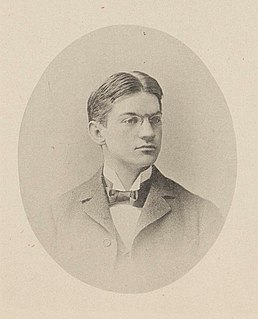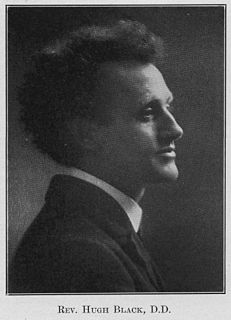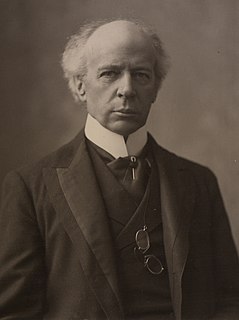A Quote by William Lyon Phelps
The principle of happiness should be like the principle of virtue: it should not be dependent of things, but be a part of personality [and character].
Related Quotes
Philosophers should consider the fact that the greatest happiness principle can easily be made an excuse for a benevolent dictatorship. We should replace it by a more modest and more realistic principle - the principle that the fight against avoidable misery should be a recognized aim of public policy, while the increase of happiness should be left, in the main, to private initiative.
[the virtues] cannot exist without Prudence. A proof of this is that everyone, even at the present day, in defining Virtue, after saying what disposition it is [i.e. moral virtue] and specifying the things with which it is concerned, adds that it is a disposition determined by the right principle; and the right principle is the principle determined by Prudence.
As a matter of principle, we believe patients should be able to see the right doctor at the right time. As a matter of principle, we believe nothing should interfere with that doctor-patient relationship. As a matter of principle, we believe all Americans deserve affordable, available, and reliable quality health care.
Friends should be chosen by a higher principle of selection than any worldly one. They should be chosen for character, for goodness, for truth and trustworthiness, because they have sympathy with us in our best thoughts and holiest aspirations, because they have community of mind in the things of the soul.
Citizens ... should be practitioners of civic virtue in their conduct toward government. They should be ever willing to fulfill the duties of citizenship. This includes compulsory duties like military service and the numerous voluntary actions they must take if they are to preserve the principle of limited government through citizen self-reliance.
That education should be regulated by law and should be an affair of state is not to be denied, but what should be the character of this public education, and how young persons should be educated, are questions which remain to be considered. As things are, there is disagreement about the subjects. For mankind are by no means agreed about the things to be taught, whether we look to virtue or the best life. Neither is it clear whether education is more concerned with intellectual or with moral virtue.


































